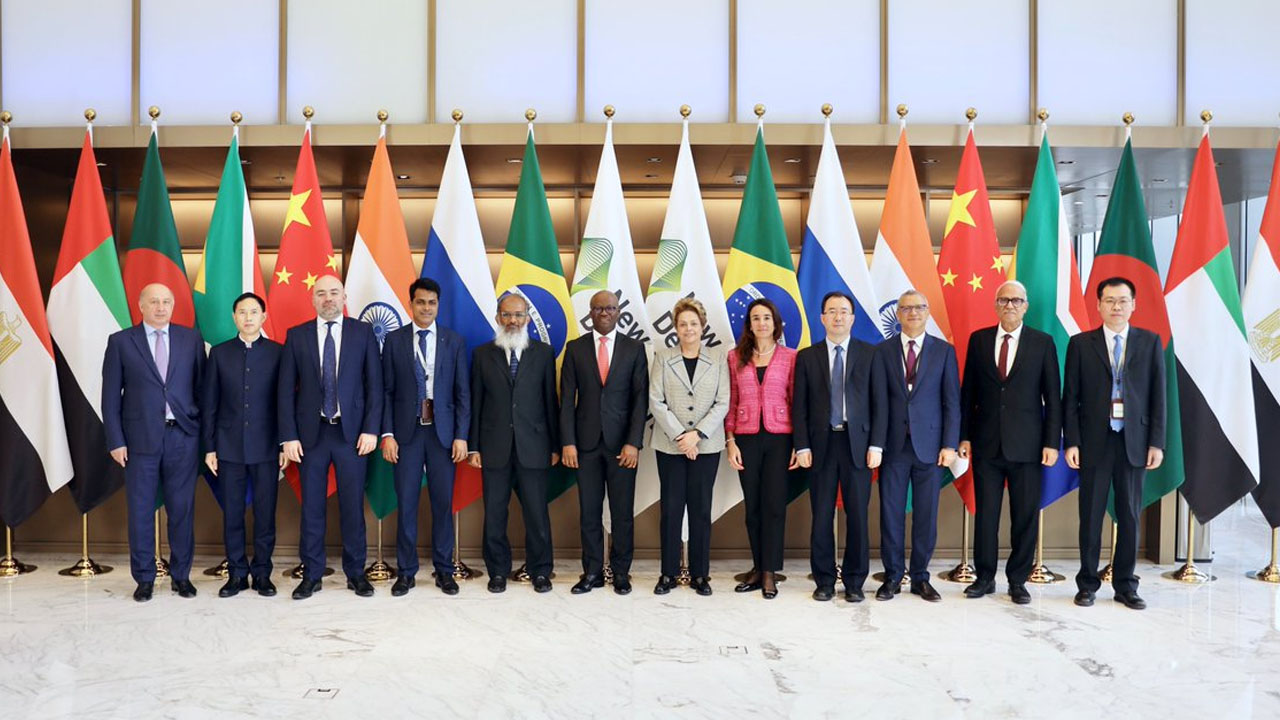
NGOCSTIP – 43 Nations Unite in Operation Global Chain to combat one of the most complex and dangerous criminal networks in the world. Led by INTERPOL and Europol, this sweeping operation ran from 1 to 6 June 2025 and involved 15000 law enforcement personnel. It uncovered the dark underbelly of human trafficking that spans across continents and borders. Authorities discovered 1194 potential victims during the crackdown, including women and children forced into sexual exploitation and labor under severe conditions. The operation extended across 64 countries, revealing the global scale of this crisis. Arrests were made, rescue efforts were launched, and information about hidden trafficking routes was collected. With 158 suspects already in custody and 205 more under investigation, the joint operation marked a massive step forward in the international fight against human exploitation. More than just numbers, the operation represented lives reclaimed from the shadows.
The fact that 43 Nations Unite in Operation Global Chain showed how essential international cooperation is in dismantling sophisticated trafficking rings. By combining intelligence, surveillance, and field operations, this unprecedented effort disrupted deeply embedded criminal operations. Many traffickers relied on the movement of vulnerable individuals across borders where jurisdiction issues often slowed legal action. With this operation, border security and national police forces worked side by side, creating pressure from every direction. Experts in digital forensics also played a critical role by tracing communications and identifying financial trails that linked suspects to organized networks. Victims were found in illegal brothels, sweatshops, and even public areas where children were forced to beg. Resources were redirected to ensure that victims received medical care, shelter, and psychological support. This level of rapid mobilization demonstrated how effective a united global law enforcement front can be when protecting basic human rights.
Many of the 1194 potential victims lived and worked in plain sight. Some held jobs in seemingly legitimate businesses, while others performed in city streets or begged at crowded intersections. Investigators uncovered their harsh realities through detailed interviews and on-the-ground observation. Human trafficking networks created a facade of normalcy to hide their crimes. Traffickers cut off victims from the outside world, using threats, physical abuse, and debt to maintain control. Law enforcement officers partnered with NGOs and local authorities to identify and assess each victim’s situation. Trauma response specialists engaged directly with survivors, offering compassionate and informed support. Rescuers focused not only on removing victims from immediate danger but also on helping them rebuild their lives. Interpreters and trained staff broke through language and cultural barriers, ensuring survivors could speak and receive care. These acts of direct intervention turned the operation’s data into real stories of hope and recovery.
Criminal networks behind human trafficking often target the most vulnerable members of society. Traffickers choose victims based on poverty, displacement, lack of education, or political instability in their home countries. These exploiters offer false job promises, manipulate migration routes, and use social media to lure individuals. Once they trap their victims, they confiscate identification, enforce isolation, and inflict continuous abuse. Operation Global Chain revealed how traffickers use digital platforms to avoid detection and coordinate across borders. With 43 countries joining forces, investigators identified patterns that exposed shared tactics and linked criminal leadership. Arrests in one region uncovered leads that triggered raids in others, setting off a domino effect that disrupted these syndicates. Officers contacted the families of survivors and helped many return to their home countries. Despite the operation’s complexity, law enforcement stayed focused on delivering justice and making sure every survivor received full support.
“Read more: Colon Cancer in Kids? The Alarming Rise You Need to Know About!”
As trafficking networks grow more agile and tech-savvy, Operation Global Chain highlights the need for stronger coordination in future efforts. INTERPOL and Europol aim to expand digital surveillance tools and actively share intelligence through national databases. They are designing training programs for frontline officers in high-risk areas to help them recognize early indicators of trafficking. Authorities continue to investigate more than 200 additional suspects as new leads surface. Law enforcement monitors online activity and underground movements that could signal further exploitation. Governments around the world have committed increased funding to international task forces and launched outreach programs to raise awareness in both rural and urban communities. Even though Operation Global Chain concluded in June, its effects continue to unfold globally. This joint action demonstrates how countries can unite effectively to combat one of the world’s most severe crimes.